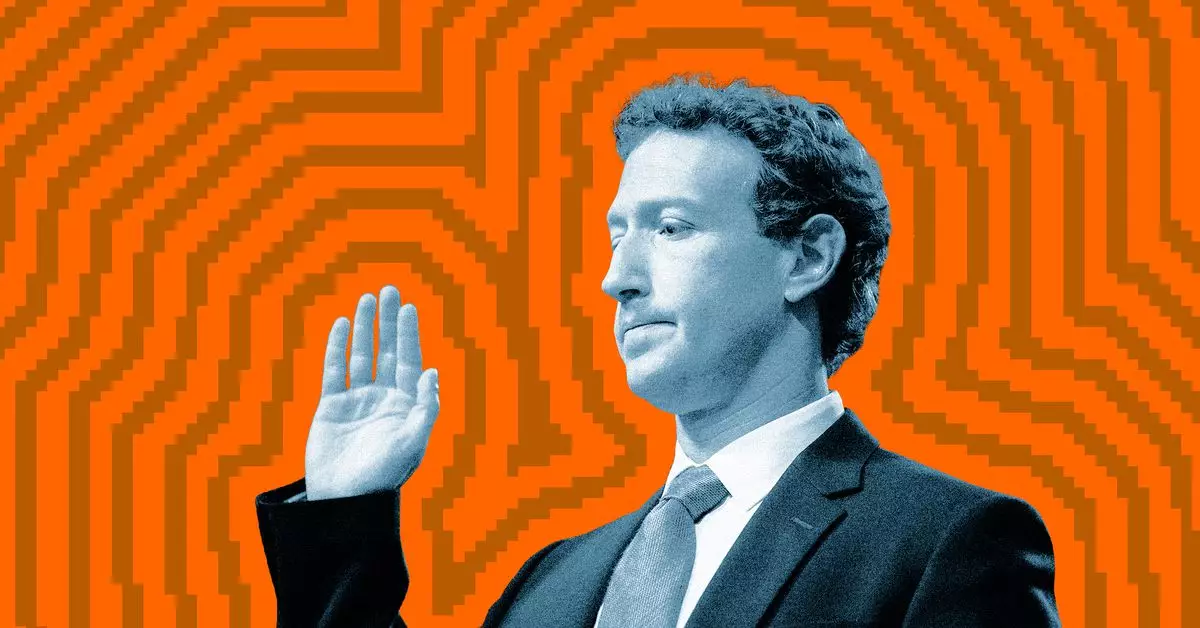In a recently reported event, Meta CEO Mark Zuckerberg dined with President-elect Donald Trump at Mar-a-Lago, sparking discussions surrounding the intricate relationship between technology and politics in the United States. This meeting, characterized by its potential implications for future legislation concerning the tech industry, arrives at a critical juncture for the landscape of American innovation. Given Zuckerberg’s prominent position at Meta, this interaction invites scrutiny beyond mere social courtesy, pointing to a potential symbiosis that could shape upcoming tech regulations.
Andy Stone, a spokesperson for Meta, highlighted the significance of this meeting, signaling that the future of American innovation is at stake. Yet, amidst this optimistic rhetoric lies an undercurrent of contention. Critics argue that despite Zuckerberg’s influence, he must also contend with the tumultuous backlash against Facebook’s actions during the 2020 election cycle. The tech giant has faced severe criticism for its role in disseminating misinformation, which has led some lawmakers to suggest extreme measures, including imprisonment for Zuckerberg himself in response to Facebook’s alleged manipulation of the electoral process.
The backlash against Zuckerberg not only underscores the need for accountability in the tech industry but also reflects a broader public sentiment wrestling with the ramifications of digital platforms on democracy. Social media has undeniably altered the terrain of political discourse, yet the question remains: who is responsible for regulating this influence? Facebook’s purported engagement in the orchestration of political narratives and information dissemination raises ethical concerns that challenge the foundational principles of a democratic society.
As we navigate through this intricately woven tapestry of political dynamics and technological evolution, an essential conversation emerges regarding the balance between freedom and regulation. While innovation fuels progress, the potential for misuse remains a significant concern. Zuckerberg’s connection with political leaders like Trump could represent a double-edged sword; on one side, potential collaborative efforts to promote innovation and growth, and on the other, a troubling partnership that risks undermining ethical standards and accountability.
The dinner between Zuckerberg and Trump serves as a catalyst for deeper inquiries into the roles that corporate leaders play in shaping policy and public perception. Moving forward, it is crucial to establish robust frameworks that not only encourage innovation but also uphold ethical standards. As the tech landscape continues to evolve, the dialogue between politicians and tech executives will likely be more pivotal than ever, demanding that all parties involved exercise transparency and accountability. The future of American innovation significantly hinges on this very balance — one that must prioritize democratic integrity alongside technological advancement.

